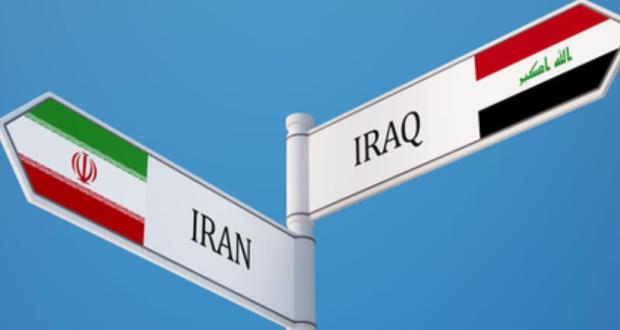If Barack Obama has taught the Arab world anything, it is surely that the United States is a weak-willed and perfidious ally. Whether by acceding to Iranian negotiators’ every demand in nuclear talks, or by facilitating the ethnic cleansing of Sunni Arabs by Iranian militias in Iraq, Obama seems hell-bent on making the Islamic Republic, in his own words, “a very successful regional power.” The Gulf states, meanwhile, have been hung out to dry.
Arabs are loath to go down without a fight, however, and Operation Decisive Storm is proof that they are more than capable of confronting the Iranian threat on their own. It also proves that the mullahs are not the unstoppable menace they would have their enemies believe; it took just four days of Saudi-led airstrikes in Yemen for Ayatollah Khamenei and his minions to switch from promising “military defeat” for the Arab coalition (on April 9th), to begging for a ceasefire after seeing their Houthi proxies routed from central Aden (on April 14th).
Iranian Foreign Minister Mohammad Javad Zarif now insists — contrary to military and intelligence officials’ earlier jubilation at having “conquered” Yemen and “taken over” Sana’a — that his regime “is not seeking to dominate Yemen.” Statements such as this fool nobody, of course, but are intended to save face in anticipation of an Iranian defeat.
Nevertheless, if the Persian threat to peace in the Middle East is to be overcome once and for all, Operation Decisive Storm cannot be limited to Yemen. Iran’s parliament-in-exile, the National Council of Resistance of Iran (NCRI), has warned that Tehran is already preparing to open a new front in Bahrain, so it is crucial that the Arab coalition formed in reaction to the Yemeni crisis remains unified and takes the fight to Iran.
The Islamic Republic’s clerical leadership knows that its continued existence is contingent upon the constant destabilisation of its neighbours. As presidential adviser and former intelligence minister Ali Younesi acknowledged in his now infamous “Iran is an empire” speech, “If we disregard the region that lies within our sphere of influence [by failing to export the ‘Islamic Revolution’], we will be unable to protect our interests and security.” Tehran’s imperium, like a dying star, expands only because it must; its doing so is a symptom of weakness, not of strength.
“In the current situation,” Younesi continued, “Iraq is not merely a sphere of cultural influence for us; it is also our identity, our culture, our centre, and our capital.” Ever since the late Ayatollah Khomeini declared the necessity of “liberating Qods via Karbala,” Iraq has been the mullahs’ most coveted prize, their gateway to regional supremacy, and the key to their survival.
When Ali Shamkhani, the Secretary of Iran’s Supreme National Security Council, beseeched members of the Revolutionary Guard to “sacrifice their blood in Iraq, [or else] our blood will be shed in Tehran,” it was not mere hyperbole, but an existential imperative. Just as the Sack of Rome by the Visigoths brought the Roman Empire to its knees, Shamkhani and his cohorts know and fear that their eviction from Iraq — their self-proclaimed “capital” — will precipitate the implosion of their latter-day Persian empire.
The Obama administration has failed to perceive this Achilles’ heel, however, and has sought instead to accommodate the Islamic Republic’s power grab in Iraq. Recent pleas by then Saudi foreign minister Prince Saud al-Faisal for American “boots on the ground” to prevent Tehran from “taking over Iraq” have fallen on deaf ears in Washington, where people like Secretary John Kerry and General Martin Dempsey regard the Iranian occupation of Iraq as a “positive” development.
As in Yemen, therefore, it falls to the Arab states to shatter the yoke of Persian imperialism in Iraq. Fortunately, airstrikes — and all the risks that they entail — will not be necessary; the sponsors of Iraq’s liberation need only unlock the potential of the Sunni tribes.
Sheikh Ali Hatem al-Suleiman, Emir of the Dulaim tribal confederation whose membership exceeds three million Iraqis, has already announced his kinsmen’s readiness “to join the Arab coalition to stop the Iranian wave in Iraq,” and has called upon Saudi Arabia in particular “to supply weapons to the clans in order to … stop the expansion of Iran’s criminal militias.” The architects of Operation Decisive Storm should embrace this overture with alacrity.
Then — and only then — will Iraq be free, and the Middle East rid of the mullahs’ meddling.
 Human Security Centre Human Rights and International Security Research
Human Security Centre Human Rights and International Security Research




